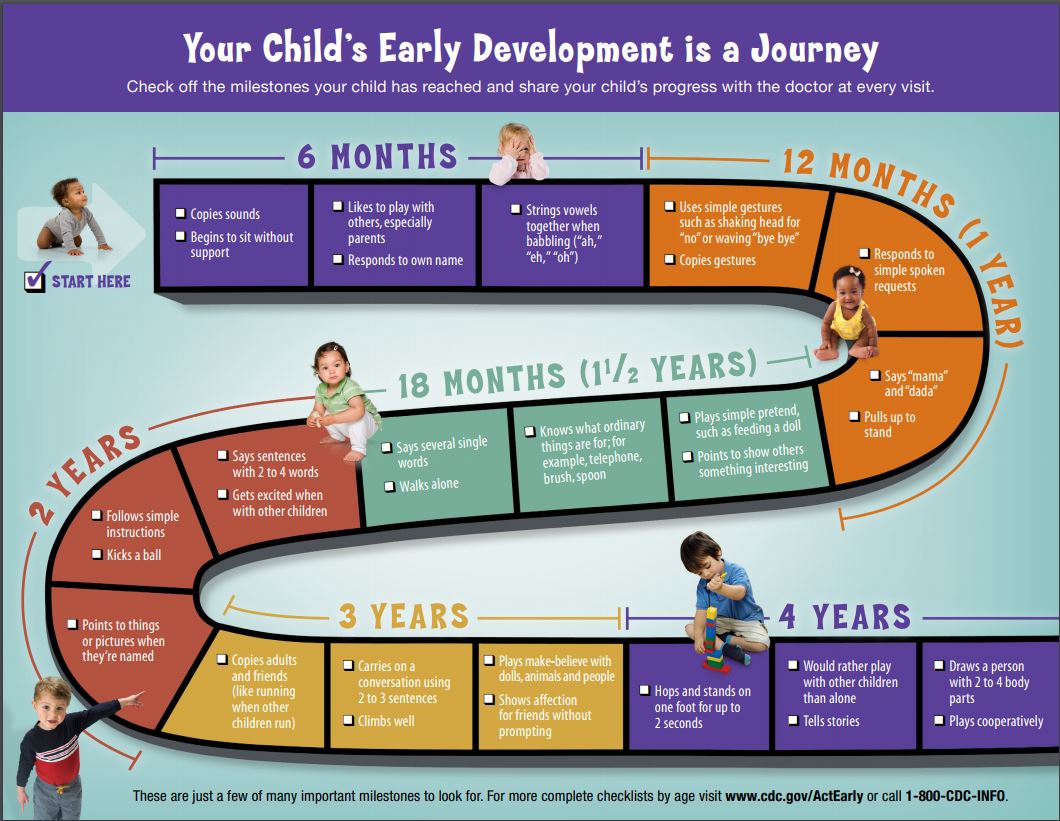Importance of Early Identification and Intervention

April is National Autism Awareness Month
Early identification and intervention is a key to improving outcomes for people with ASD for a number of reasons. Early intervention is important because intervention is likely to be more effective when it is provided earlier rather than later in life. A child’s ability to learn is greatest during their first three years of life. Over time, it becomes harder to learn and make change. High quality early intervention can change a child’s developmental path and improve outcomes for both the child and their family.1
The Center for Disease Control’s Learn the Signs - Act Early (also in Spanish) campaign aims to improve early identification of children with autism and other developmental disabilities so children and families can get the services and support they need. Parents can follow their child’s development using developmental tracking tools (available in English, Spanish, Korean, and Chinese) through the Learn the Signs Act Early program and obtain early guidance for information, intervention and support should concerns arise.
At Lanterman Regional Center, the Early Start (also in Spanish) program serves children from birth to 3 who are born with, or at risk for, developmental delay or disability. We know that the earlier an infant or toddler with special needs receives appropriate services, the more successful we can be in minimizing or preventing future disabilities. For this reason, our Early Intervention unit works with families to access services and supports that help identify and treat developmental concerns including signs of autism as early as possible in the life of the child.
1. The Importance of Early Intervention for Infants and Toddler with Disabilities and their Families. National Early Childhood Technical Assistance Center, July 2011.


